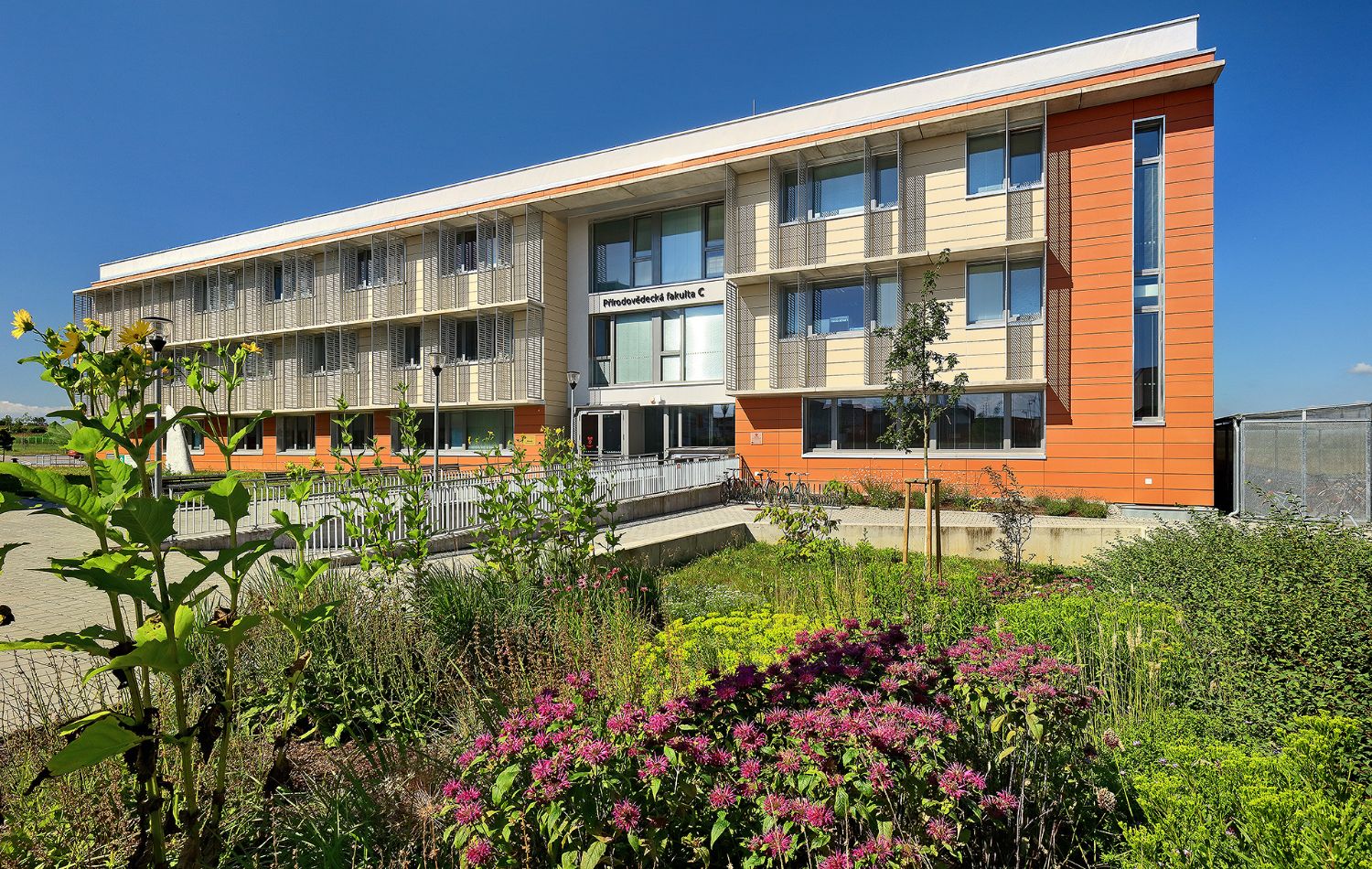Cislo Networking Academy
- Seznam štítků: PŘF

Katedra informatiky
-
O katedře
-
Uchazeč
-
Pro studenty
-
Výzkum a projekty
-
Dokumenty
-
Aktuálně
-
Kalendář akcí
-
Nabídky pracovních příležitostí
Cisco Networking Academy Program (Netacad) je revoluční - inovativní - modelové partnerství mezi privátní a státní sférou. Jde o společnost Cisco Systems, vzdělávací instituce, instituce státní správy a podnikatelskou sféru. Cílem programu je prispět k profesní přípravě specialistů pro potřeby budování informační společnosti.

Součástí Netacad je systém podporující e-learningově orientované vzdělávání. To umožňuje vysoce efektivně získávat znalosti o síťových a ICT technologiích, v současné době stále více potřebných pro budování globální ekonomiky.
Netacad díky kombinaci několika složek, které jako celek tvoří systém podpory studia, efektivně nahrazují klasickou formu vzdělávání:
- online studium a přístup k multimediálnímu studijnímu materiálu (kurikulu) přes portál na internetu (24x7)
- systém průběžného testování znalostí pro podporu procesu vyhodnocení úspěšnosti osvojování obsahu, režim zpřístupnění testů je řízen lektorem a studentům je umožněn přístup v daném čase prostřednictvím internetu
- praktické cvičení v laboratoři na reálných zařízeních simulujících provoz v sítích s cílem získat praktické zkušenosti s konfigurací, instalací, údržbou síťových prvků a také návrhem designu pro síťová řešení
- individuální nebo skupinové konzultace v průběhu studia s cílem vytvořit prostor pro vyhodnocování úspěšnosti studia
- závěrečný test, který představuje souhrnné ověření znalostí problematiky, úspěšně ukončené studium je možné rozšířit o celosvětově akceptované certifikační zkoušky společnosti Cisco Systems
Celek umožňuje individuální přístup studenta k osvojování znalostí, praktických zkušeností a podporuje jeho všestrannou přípravu pro využití znalostí v praxi.
Program a jeho úspěch jsou důkazem toho jak může být implementována fungující e-learningová strategie do současně existujících forem vzdělávání s cílem poskytnout vysoce atraktivní obsah a formu studia vzdělávacím institucím v ČR.
Více informací a novinky týkající se programu v ČR a SR:https://www.netacad.com/

CNA na PřF JU
Síťová laboratoř byla slavnostně otevřena dne 26.3.2009 za účasti významných osobností.
O akci referovalo rovněž Tiskové centrum CISCO.
ÚAI zajišťuje výuku ve 4 základních semestrech CCNA. Ty jsou zařazeny do výuky jako volitelné kurzy, v IS STAG pod kodovým označením UAI/756 - 758 a UAI/681 (viz. výuka, případně STAG).
K podpoře výuky je k dispozici speciální sítová laboratoř (viz. fotogalerie) s vybavením 3x CCNA bundle obsahujícím celkem:
- 9x Router CISCO 2801.
- 9x Switch Cisco Catalyst 2960 (24-port).
- 6x Wireless Router & AP Linksys WRT160N.
- 1x 3COM 10-mbit HUB (24-port) pro sniffing.
- 1x CCNA Eagle Server.
- Celkem 16 PC stanic obsahující 2 síťové karty a 2 seriové porty na testování a konfigurací aktivních prvků.

ÚAI dále zajišťuje navazující přípravu na komerční certifikaci CCNP (Cisco Certified Network Professional) a to na všech úrovních (Route, Switch, T-Shoot). Tento pokročilý stupeň je realizován jako doplňková činnost PřF a jedná se tudíž pro školení pro širokou odbornou veřejnost. Ceník je k dispozici na vyžádání u garanta programu (Rudolf Vohnout).
Pro CCNP je k dispozici dedikovaná síťová laboratoř s následujícím vybavením:
- 6x Router CISCO 2901.
- 6x Switch Cisco Catalyst 2960.
- 4x Multi Layer (L3) Switch Cisco Catalyst 3560 v2.
- 6x Cisco ASA 5505.
- Remote Lab setup pro vzdálený přístup.
- Remote ePDU pro ovládání napájení.
- Celkem 10 PC stanic obsahující 3 síťové karty atestování a konfigurací aktivních prvků.
Číst dál …Cislo Networking Academy
- Přečteno: 14887
